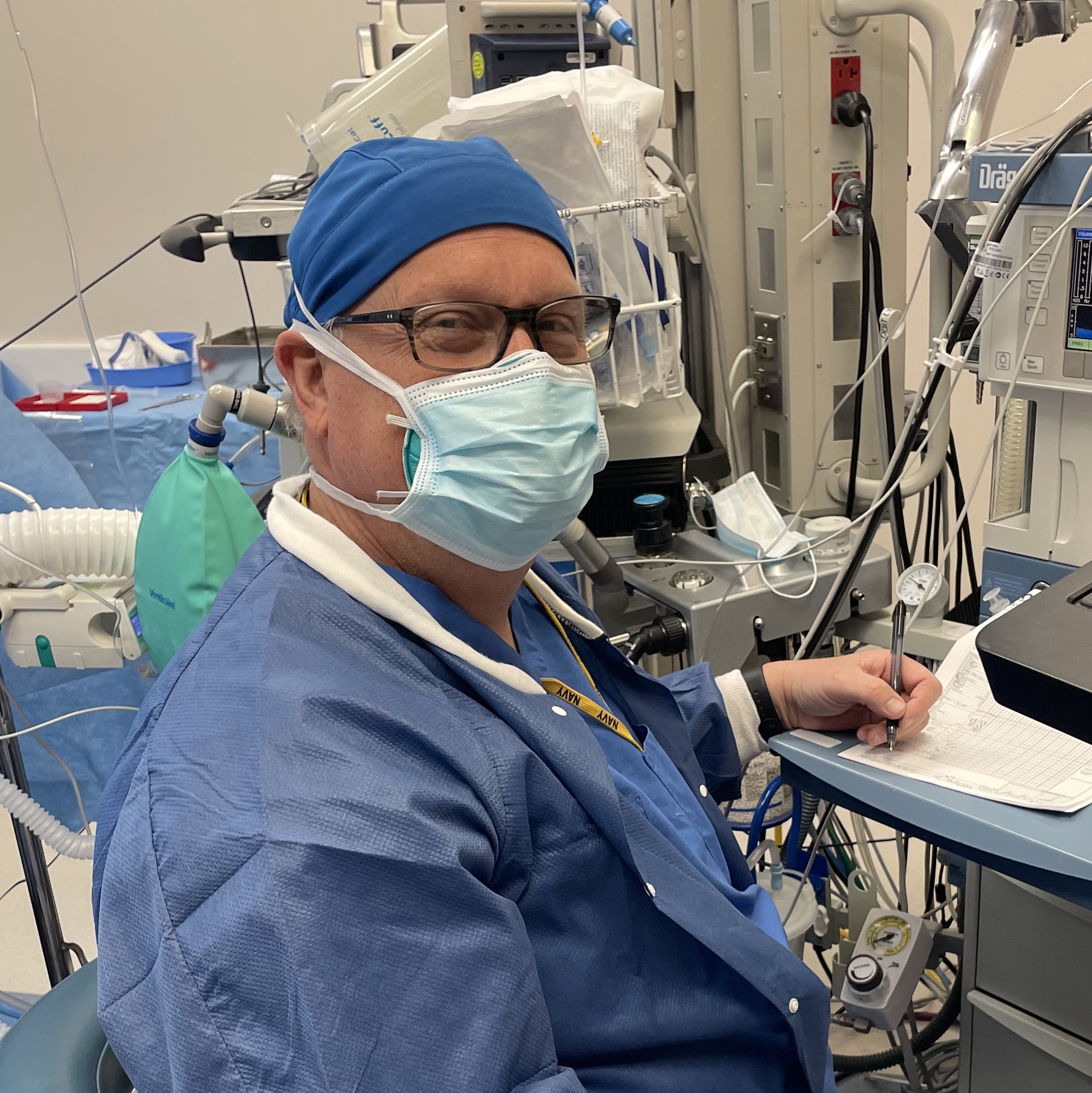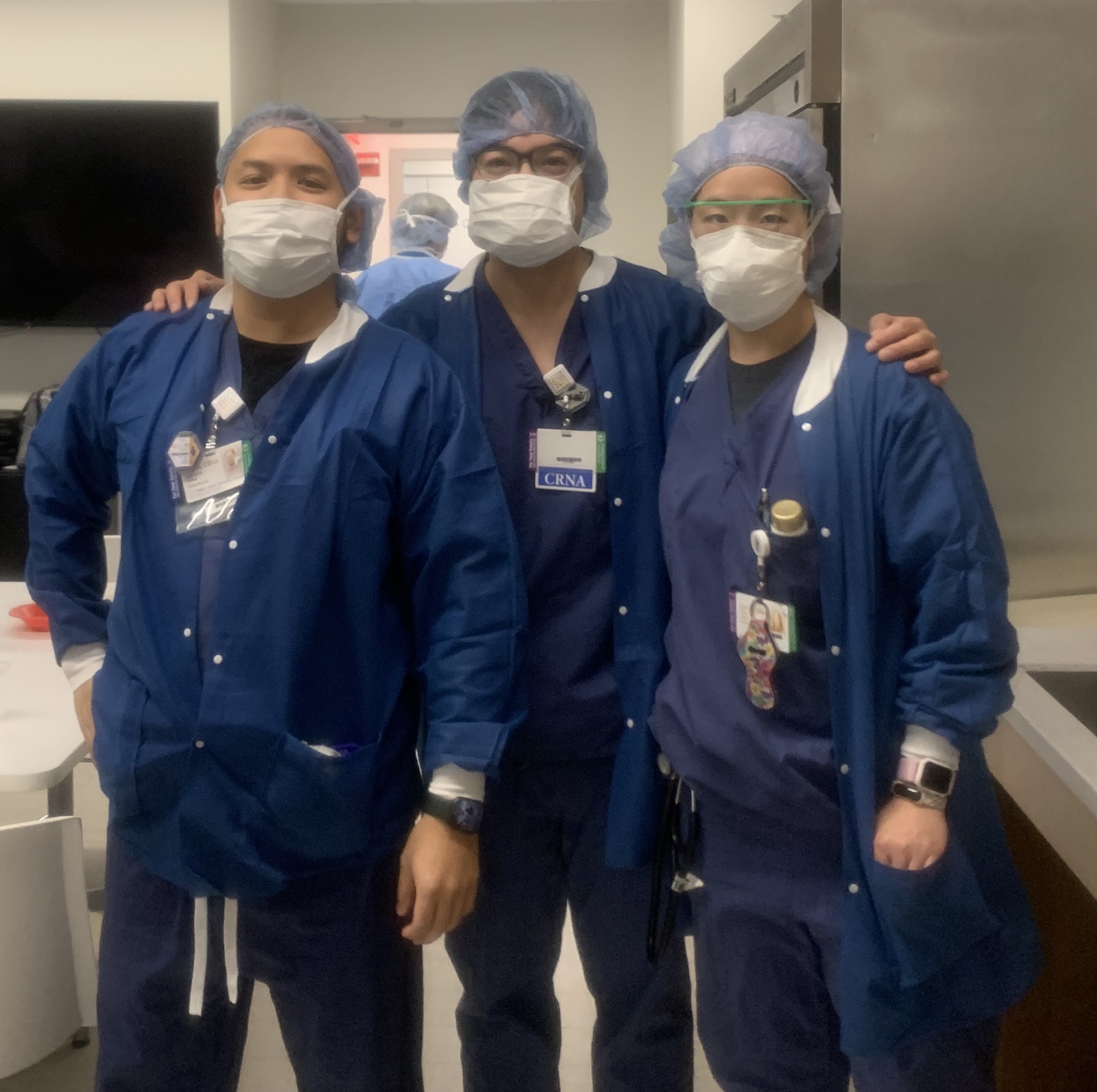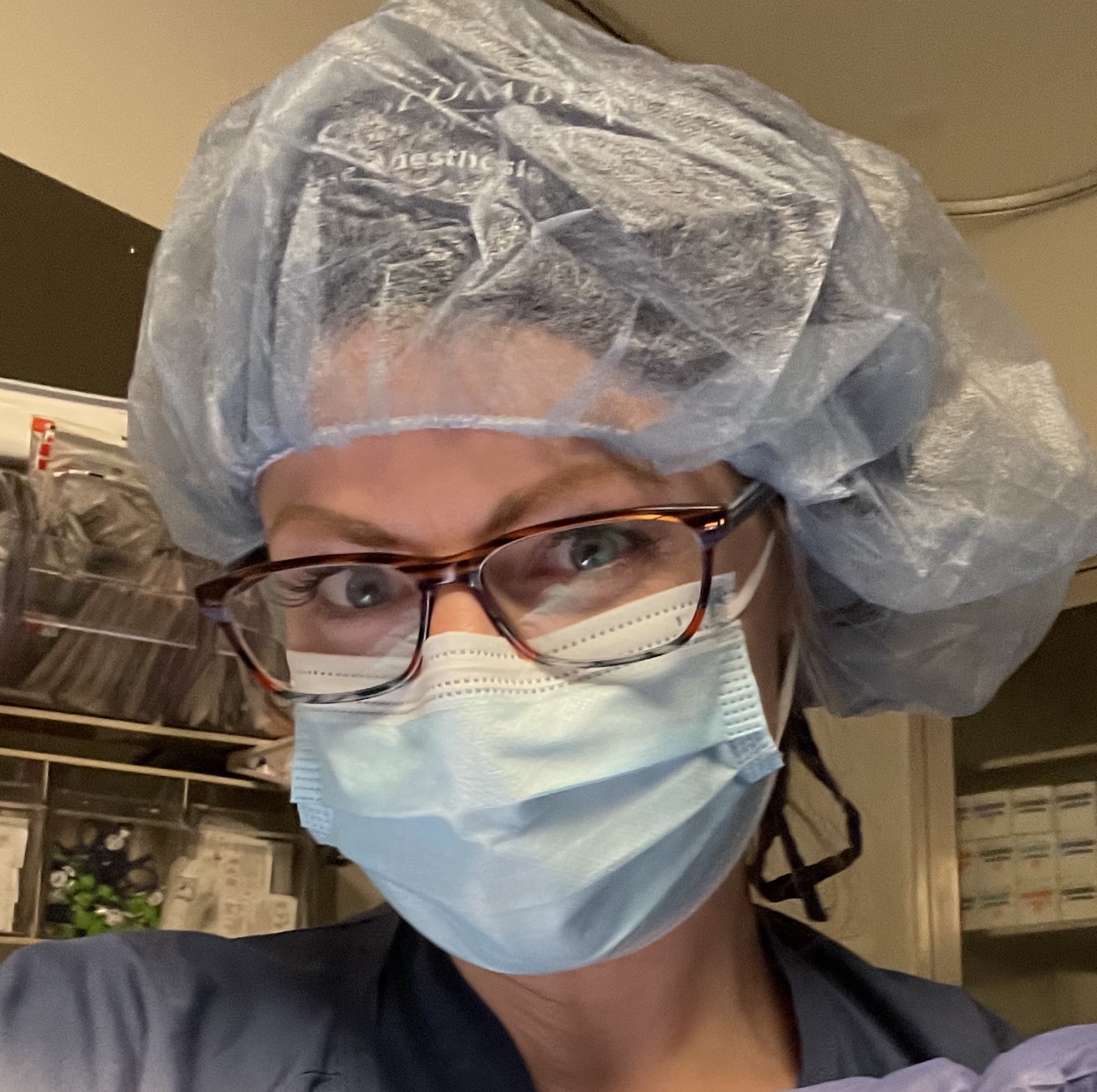CRNAs at a Glance
The credential CRNA (Certified Registered Nurse Anesthetist) came into existence in 1956. CRNAs are anesthesia professionals who safely administer more than 33 million anesthetics to patients each year in the United States. CRNAS ARE THE SOLUTION to high-quality, safe and affordable anesthesia care for New Yorkers. However, New York is the only state in the country that fails to formally recognize the profession of Certified Registered Nurse Anesthetists (CRNAs). Want to meet a few CRNAs? Check out our CRNA spotlights.
Meet the People CRNAs Serve
CRNAs are often described by our patients and colleagues as "lifesavers" "trusted" "caring" and "compassionate" Certified Registered Nurse Anesthetists (CRNAs) start out as Registered Nurses and advance through many years of training and experience to also become experts in delivering safe, high-quality anesthesia care.
Get the Facts about the CRNA Profession
Download this CRNA Fact Sheet packet and learn more about the following key points, and how and why CRNAs are relied upon to deliver safe, effective, quality care.
- CRNAs deliver anesthesia to patients in exactly the same ways, for the same types of procedures and just as safely as anesthesiologists. CRNAs are highly educated, advanced practice registered nurses.
- Surgeons and other healthcare providers rely on CRNAs in virtually every healthcare setting. CRNAs collaborate with surgeons, obstetricians, dentists and other healthcare providers to deliver safe, high-quality and cost-effective anesthesia care to patients
- There is overwhelming evidence that CRNAs provide superb anesthesia care. Research shows there is no difference in safety between CRNAs and anesthesiologists. The safety record of CRNAs is demonstrated by recent studies published in leading health policy journals and an independent review by Cochrane, a world-renowned organization that supports evidence-based decision-making in healthcare.
- Persistent opioid use after surgery affects millions of Americans and CRNAs are uniquely qualified to address the issue. Through enhances recovery after surgery, CRNAs are reducing opioid use, improving outcomes, and lowering costs by providing patients holistic pain management services that reduce or eliminate the need for opioids post-surgery.
CRNAs and Practicing in New York
CRNAs provide anesthesia in collaboration with surgeons, anesthesiologists, dentists, podiatrists, and other qualified healthcare professionals. When anesthesia is administered by a nurse anesthetist in New York, it is recognized by the state as the practice of nursing; when administered by an anesthesiologist, it is recognized as the practice of medicine. Regardless of whether their educational background is in nursing or medicine, all anesthesia professionals give anesthesia the same way.
Did you know that supervision requirements vary by state law? To date, 17 states have opted out of the federal supervision requirement. Additional states do not have supervision requirements in state law and are eligible to opt-out should the governors elect to do so. Nationally, the average 2012 malpractice premium for self-employed CRNAs was 33% lower than in 1988 (62% lower when adjusted for inflation). Legislation passed by Congress in 1986 made nurse anesthetists the first nursing specialty to be accorded direct reimbursement rights under the Medicare program.
|




